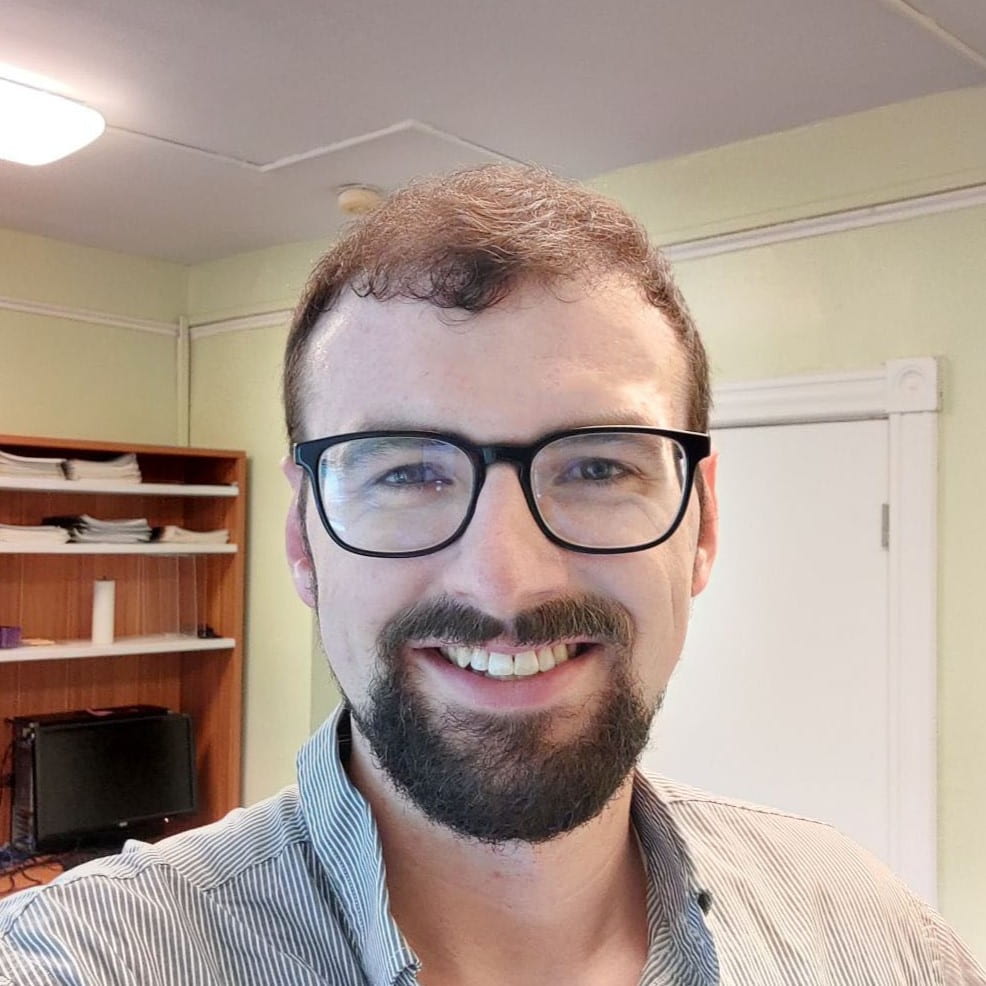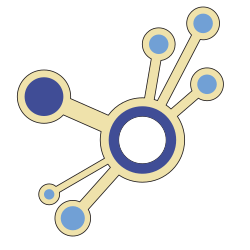Tech
Artificial Intelligence: We use topic models (both industry standards like D-LDA and experimental like DETM and DSNTM) and highly tuned text classifiers to gain insights from social media data at massive scale. These machine learning models, equipped with self-attention mechanisms and neural layers, use the same core technology as well-known tools such as ChatGPT.
Network Analysis: We use network science to study millions of pathways between dozens of online hubs, including some of the most well-known social media sites, most notorious “fringe” fora, newly emergent platforms, and blockchain-enabled feeds. Our dashboards can provide insights into network structure, statistics, and real-world event correlates.
Social Media Insight: Powering our studies is a database of hundreds of millions of extremist social media posts from across the public internet. We study some of the world’s most dangerous online communities and their influence on millions of innocent users.
Leadership

Dr. Neil Johnson is a professor of Physics at GW and Head of the Dynamic Online Networks Lab. His research interests lie in the broad area of complex systems and ‘many-body’ out-of-equilibrium systems of collections of objects, ranging from crowds of particles to crowds of people and from environments as distinct as quantum information processing through to the online world of collective behavior on social media. He is a Fellow of the American Physical Society (APS) and is the recipient of the 2018 Burton Award from the APS.

Dr. Yonatan Lupu is associate professor of Political Science and International Affairs at GW. His research interests include online extremism, political violence, human rights, and international relations. His research has appeared in journals such as American Journal of Political Science, International Organization, American Journal of International Law, Journal of Politics, International Security, and Nature.

Richard Sear is the Head of Data and a senior programmer with the Dynamic Online Networks Lab. He has a degree in Computer Science with minors in Mathematics and Physics. Rick manages the team’s database and data pipelines. He works with many kinds of machine learning and NLP models to glean insights from the team’s wealth of data at scale.
Researchers
- Lucia Illari is a Ph.D. student in Physics at the George Washington University. They received their B.A. in Physics from Barnard College of Columbia University in 2017. At GW, they are studying the mesoscopic scale of interacting shockwaves or giant components which have formed along different “character” axes. This is done via a system of approximate, interacting differential equations and using a variety of online datasets (e.g., COVID-19, monkeypox, abortions, distrust in elections).
- Dr. Pedro Manrique conducts research aimed at understanding collective behavior and emerging phenomena in heterogeneous time-varying populations and networks. These efforts have yielded effective multi-scale mathematical and computational models capable of describing key statistical patterns and dynamics of systems ranging from the biological (e.g., antibiotic resistance, simple crawling organisms, epidemics processes) and up to the social domains (e.g., online communities under pressure). Additional efforts include the design of data-driven tools able to identify optimal property spaces associated with permeators and inhibitors of Gram-Negative P. aeruginosa, and graph theory analysis of all-atom molecular dynamics simulations identifying vulnerabilities of the Spike protein causing COVID-19.
- Akshay Verma
- Frank Huo
- Nick Gabriel
- Chenkai Xia
Research Affiliates
Sara El Oud
Nicholas J. Restrepo
Dylan J. Restrepo

